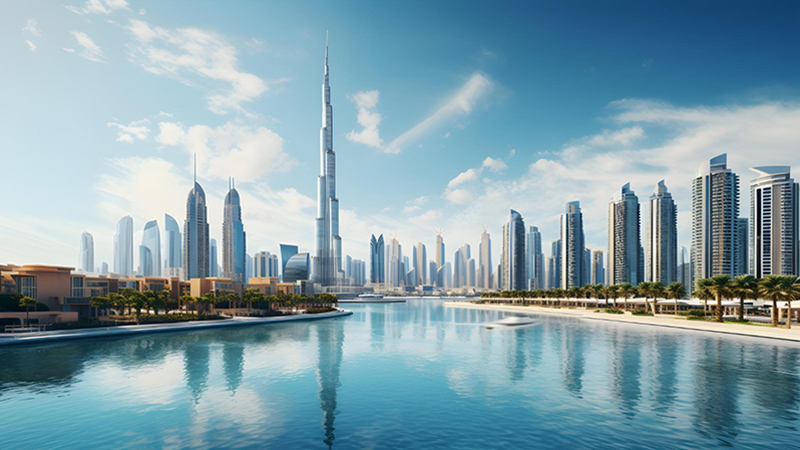I remember the feeling of leaving the UAE, after I had completed Grade 12, to continue my education in India. I recall clearly the beauty, diversity and chaos I discovered in India as a college student in the 90s. I eventually shed my homesickness for Dubai and grew to love my new environment and friends, as well as the country of my birth I had only ever experienced during annual vacations.
But throughout, I continued to be drawn to the country where I grew up. My father, a journalist who had moved to the UAE from India in 1980, decided to retire in 2009. It was the end of an era for us in Dubai, as we packed our belongings and prepared to say goodbye to our house of almost thirty years, as well as the many familiar sights and sounds of Karama, countless glimpses and echoes of our childhood.
When I returned to Dubai with a new job in 2012, it turned out to be my first experience of living on my own in the UAE. Perhaps many single NRIs who have returned can relate to this. And even though I had lived on my own in India, Dubai felt strange at first without my family, and my old home.
I would stare wistfully at my former building and flat every time I passed by (or contrived to pass by!). When an unfamiliar face appeared at the tiny kitchen balcony, I would be taken aback for a moment. I would linger in Lulu Hypermarket for longer than necessary, exiting with many things I hadn’t really intended on buying. I would sneak in a snack from Curry Dishes, all for old times’ sake.
As stories unfolded before my eyes, pent-up nostalgia found a natural outlet in the form of ‘Karama’ musings, for a newspaper I then worked for.
Eventually, as I shifted from shared apartment to shared apartment (some memorable, some not) like a nomad, discovering interesting anecdotes and facts about areas like Bur Dubai, Satwa, and Deira, I settled into my work place, bonded with colleagues and roommates, and grew accustomed to my new life in Dubai. Loneliness reared its head on many occasions, making me wonder if I should just pack up and go home to my family.
But something always held me back. Perhaps it was a sense of nostalgia, reinforced every time I visited old haunts and familiar hangouts. Perhaps it was because Dubai was my comfort zone. Perhaps it was the excitement of discovering new things the city was constantly offering its residents. In many ways, I felt I still belonged there.
When I tied the knot – fortuitously with a fellow long-time NRI – and settled down into the first actual home I’d had since my father left, I happened to be in Karama, in a building just overlooking my childhood home.
Covid came, and brought with it unexpected fallouts.
Today, we live in another part of Dubai and are constantly discovering new things to do in this ever-evolving city, and in other emirates.
As NRIs, we always live transitional lives, and yet, we develop an unbreakable bond with the UAE. But as one grows more accustomed to rapid changes in expat life, it makes you wonder if moving on should be easier.
Jobs are switched more often now than they were back in the 80s, when it was not uncommon to find someone sticking for decades in the same company. Roots were put down ever so naturally. The UAE became a home to generations of Indians.
Now, while long-time expats probably do crave that former sense of stability, they have no option but to move with the times.
When I recently returned to the UAE after a brief stay in India over a visa change, I felt a mixture of apprehension and elation at facing a new start. I also realised I would always be attached in some way to the country of my childhood. As veteran NRIs in modern times, we may say several ‘hellos’ and ‘goodbyes’ to the UAE. But every time we leave, do we hope that our glimpse of the beautiful second home through the little airplane window will not be our last? – Enid Parker is a freelance writer based in Dubai


Leave a Reply